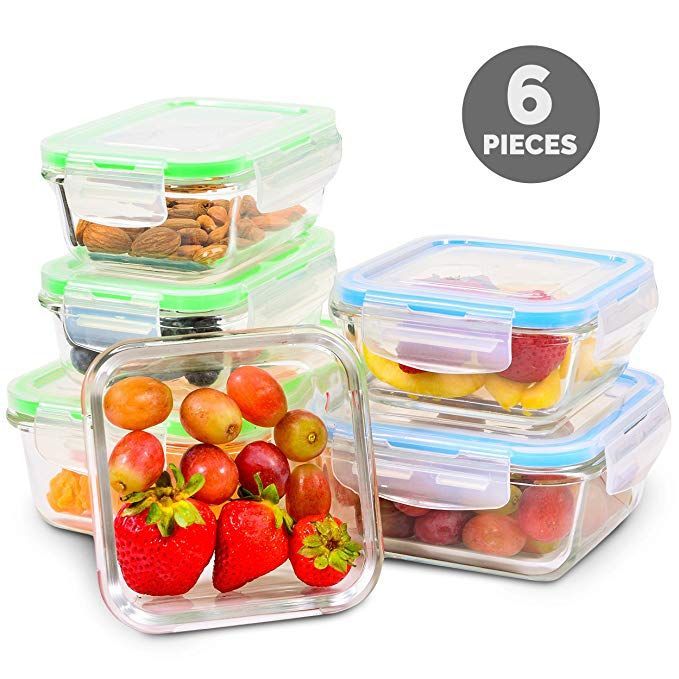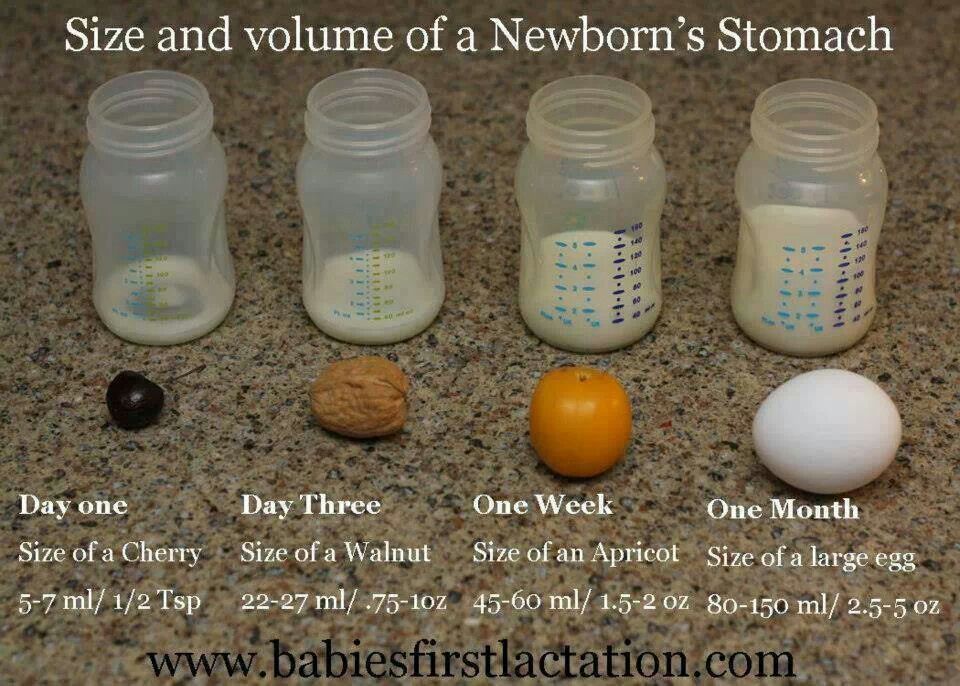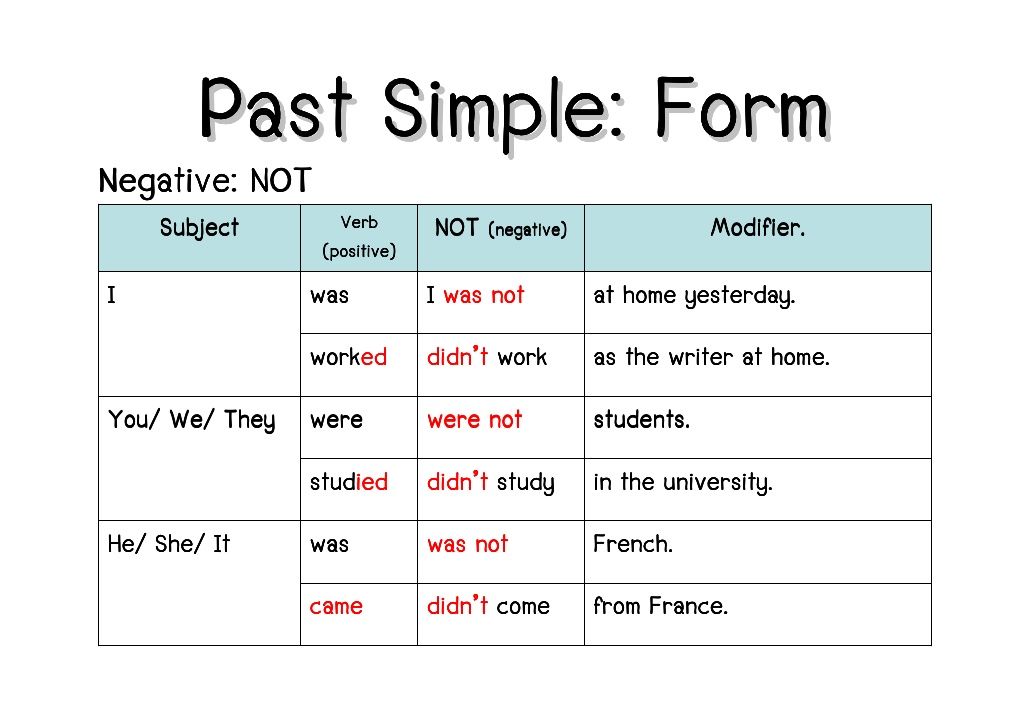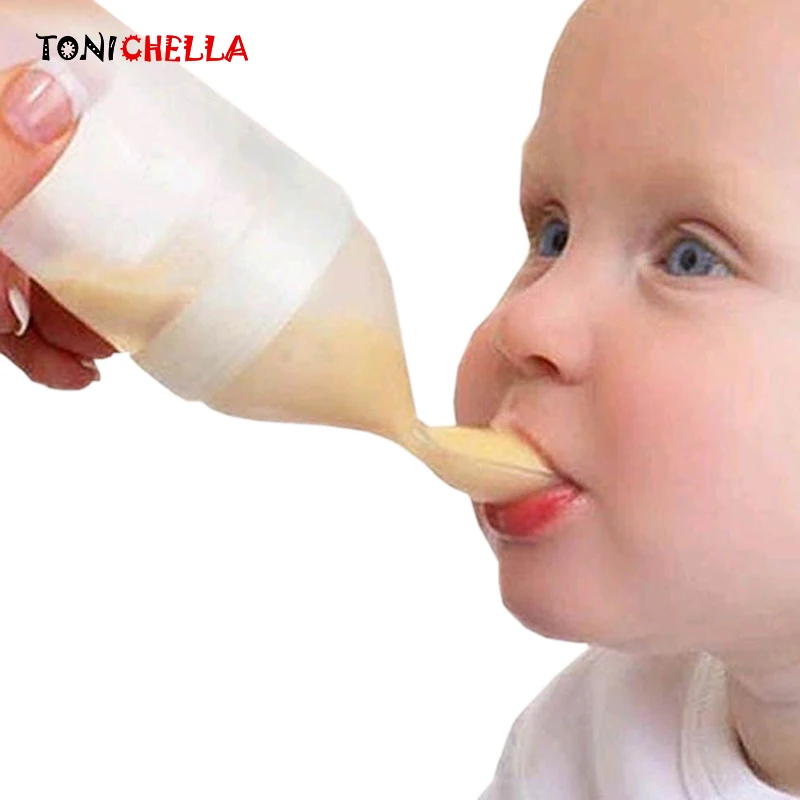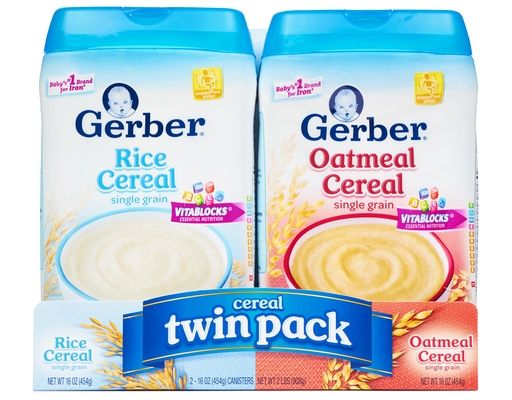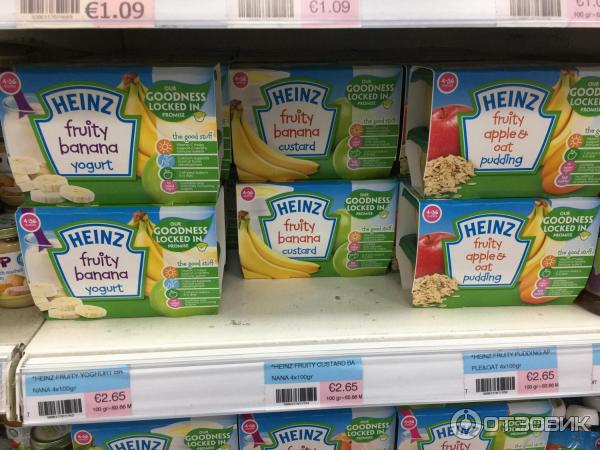Nestle glass in baby food
Banana Baby Food Glass Warning
Claim: Banana baby food is being recalled due to glass in the product.
| MIXTURE: |
| TRUE: Nestlé France recalled a batch of banana baby food in June 2011 because a piece of glass was found in one jar. | |
| FALSE: Gerber recalled a batch of banana baby food because it may contain glass. |
Examples:
[Collected via e-mail, July 2011]
PRODUCT RECALL. Important alert for all parents, Nestle is asking everyone to return all banana baby food expiring 2012; they may contain pieces of glass. Please copy and paste for all moms and babies safety. bar code 7613033089732.
[Collected via e-mail, July 2011]
IMPORTANT ALERT: Gerber is asking everyone to return all banana baby food expiring 2012; they may contain pieces of glass. Barcode 7613033089736. Please pass on!
[Collected via e-mail, November 2012]
NEWBORNS!!!!! URGENT!!!! For all parents Nestle is asking everyone to return all GERBER BANANA BABY FOOD Expiring 2012 because they may contain glass. Please copy and paste for all babies safety. Batch code 761303308973, even if you are not a parent please copy you could save a baby's life,,
Origins: On 30 June 2011, Nestlé France announced it had voluntarily recalled one batch of its P’tit Pot recette Banane baby food following the discovery of glass in the product by a consumer. While the find was confined to one piece of glass in only one jar, nevertheless the company instituted a recall of the entire batch, which amounted to more than 30,000 containers of baby food.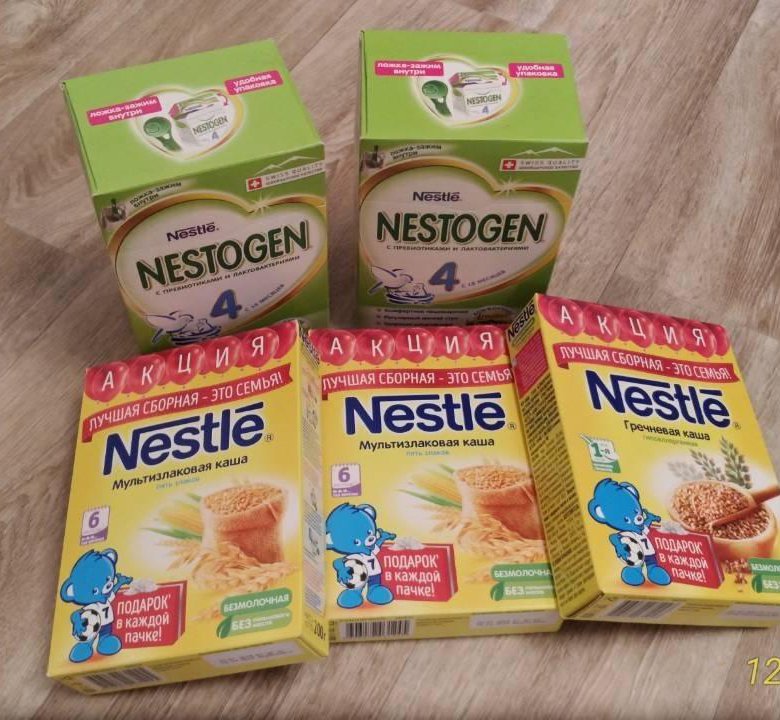 The bar code on the recalled products was 7 613033089732, with an expiry date of October 2012 and a batch number of L 10980295.
The bar code on the recalled products was 7 613033089732, with an expiry date of October 2012 and a batch number of L 10980295.
To date, no other bits of glass have been found in other jars.
Said Nestlé of its recall of the suspect batch:
Please note that this batch of P’tit Pot recette Banane baby food is only sold in France - no other countries, brands or batches are affected.
The nature of rumor being what it is, the announcement of a limited recall involving one batch of one flavor of baby food in one country quickly morphed into
alerts that encompassed other countries and manufacturers. Spread by e-mail and social media networks such as Facebook, breathless warnings trumpeted a danger inherent to all banana baby food produced by Nestlé anywhere in the world. But the madness didn't stop there — Gerber was incorrectly fingered in many of the warnings as the company with glass in its baby food.
Simply put, if the baby food you're concerned about doesn't look like the picture shown in this article, don't worry about it.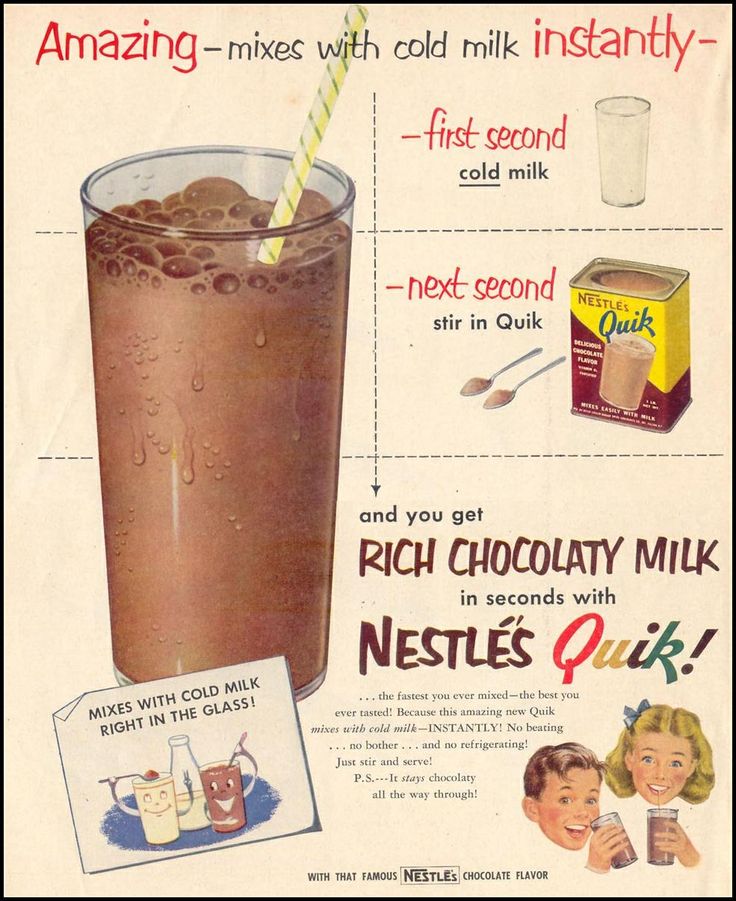
One piece of glass. One jar. In banana baby food sold only in France.
Barbara "baby food for thought" Mikkelson
Last updated: 13 November 2012
- Harrington, Rory, "Nestle Orders French Baby Food Recall on Glass Contamination Fears."
- FoodProductionDaily.com. 30 June 2011.
Nestle recalls 3 million frozen meals after reports of glass.
Any way you slice it: Not good.DiGiorno
We say we want our food purveyors to be transparent about their ingredients, but this is just going too far: Nestle USA has recalled more than 3 million frozen meals after customers reported finding tiny pieces of glass in their pizza and ravioli. The mass recall comes after consumers reported discovering glass particles in some DiGiorno, Lean Cuisine, and Stouffer’s meals earlier this week.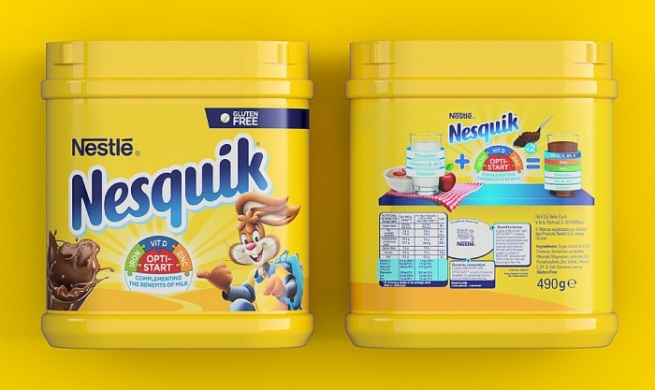 Nestle recalled at least 12 types of meals.* (A full list of potentially affected meals appears at the bottom of this article.)
Nestle recalled at least 12 types of meals.* (A full list of potentially affected meals appears at the bottom of this article.)
You are no doubt wondering: How did the glass get into the pizza? Nestle has traced the contamination back to a single source of spinach, which was present in all of the offending meals, said a company spokeswoman on Thursday. To be safe, Nestle recalled all of its spinach-containing products. But we still don’t know how the glass got into the spinach. The company is working with the USDA and the Food & Drug Administration to get to the bottom of this mystery, it said in a statement.
Remarkably, no injuries have yet been reported, according to the company.
You often hear stories of people getting more than they ordered with their meal, from a stranger’s tooth (!) in a Mars Bar to a mouse (!!) baked into a bread loaf to a human finger (!!!) in an Arby’s sandwich. This latest incident isn’t even the first time glass has been the unexpected special ingredient: Last year, baby-food–maker Beech-Nut had to recall more than 1,900 pounds of mushed sweet potato and chicken due to potential glass contamination. In 2010, Kaiser Permanente patients found glass fragments in their chicken-and-noodle soup.
In the latter case, the source wasn’t exactly difficult to trace. As the San Francisco Chronicle reported at the time:
The glass came from a container that broke while a cook was preparing soup at FoodService Partners’ South San Francisco commissary, said the company’s president, Bob Dunn.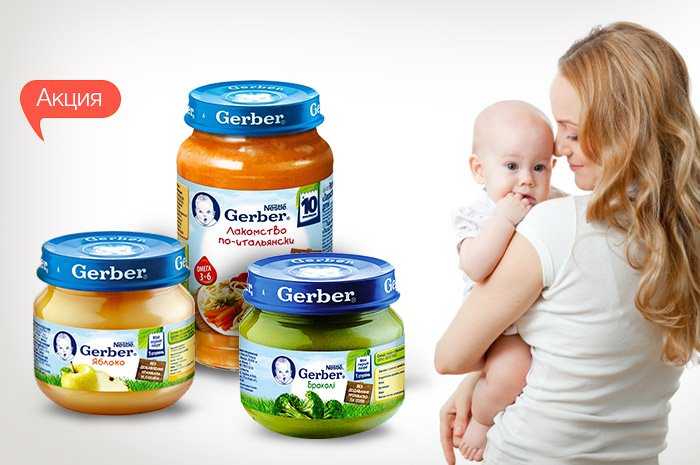 Rather than reporting the breakage and disposing of the soup, as company policy required, Dunn said, the cook simply tried to clean and flush the kettle before resuming preparations. In that instance, the only repercussions seem to be that the supersketchy cook was suspended and had to be “retrained.” Kaiser called the event a “very low-risk occurrence” and had its own gastrointestinal specialists conclude that there was little risk of harm because “the vast majority of any small foreign bodies ingested—even glass fragments—pass through the body within 2-3 days without complications.”
Rather than reporting the breakage and disposing of the soup, as company policy required, Dunn said, the cook simply tried to clean and flush the kettle before resuming preparations. In that instance, the only repercussions seem to be that the supersketchy cook was suspended and had to be “retrained.” Kaiser called the event a “very low-risk occurrence” and had its own gastrointestinal specialists conclude that there was little risk of harm because “the vast majority of any small foreign bodies ingested—even glass fragments—pass through the body within 2-3 days without complications.”
Funny, last time I checked, eating glass was definitely a no-no.
*Correction, March 14, 2016: This post originally misstated that there were reports of glass in at least 12 types of meals. The glass was found in “a few products,” according to Nestle.
The glass was found in “a few products,” according to Nestle.
- Food
- Pizza
- Retail
Glass shards found in Nutricia baby food - RBC
adv.rbc.ru
adv.rbc.ru
adv.rbc.ru
Hide banners
What is your location ?
YesChoose other
Categories
Euro exchange rate as of January 19
EUR CB: 74.59 (+0.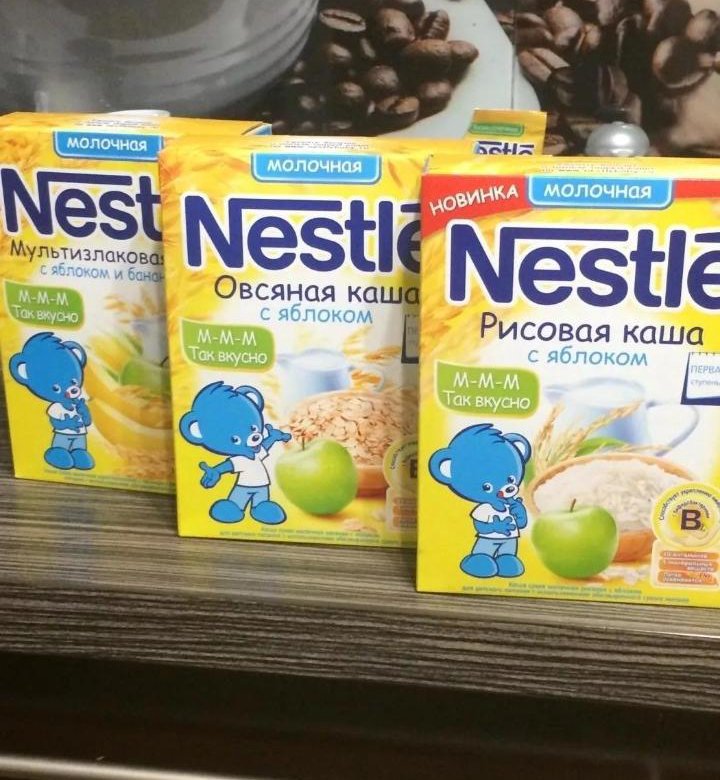 32) Investments, 18 Jan, 18:54
32) Investments, 18 Jan, 18:54
Dollar exchange rate on January 19
USD Central Bank: 68.87 (+0.21) Investments, 18 Jan, 18:54
Business, adrenaline and sports: how to build character RBC and Gazprombank, 10:11
In Mongolia, the poetess was arrested in the case of treason Politics, 10:04
FSB opened a case against an American about biological espionage Politics, 10:03
adv.rbc.ru
adv.rbc.ru
VTB announced the launch of a digital bank in Telegram Business, 10:00
Bloomberg learned about the preparation of Genesis bankruptcy filing Crypto, 09:57
Klishas saw no reason to seize the property of those who left for the benefit of orphans Politics, 09:52
An explosion occurred in Nikolaev Politics, 09:51
RBC Pro Intensives: develop in-demand skills
More than 25 online courses in convenient formats: email and Telegram bot.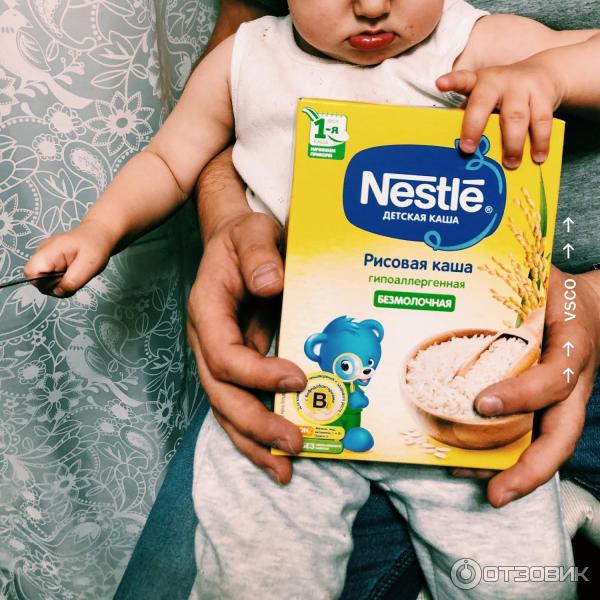 Master an in-demand skill in less than a week
Master an in-demand skill in less than a week
Buy now at a discount
Which restaurant menu will consistently attract visitors RBC and Cherkizovo, 09:45
The main secret of negotiations that no one will reveal to you Pro, 09:41
The Jewish Congress urged Lavrov to apologize for the words about the United States and Hitler Politics, 09:40
The air defense system in the Bryansk region repelled a missile attack Politics, 09:35
In the Duma, it was proposed to give housing to orphans at the expense of the property of the departed Russians Society, 09:08
Realtors named areas of Moscow with the maximum reduction in housing prices Real estate, 09:08
Rakova spoke about the reception of the first patients in the flagship of the State Clinical Hospital.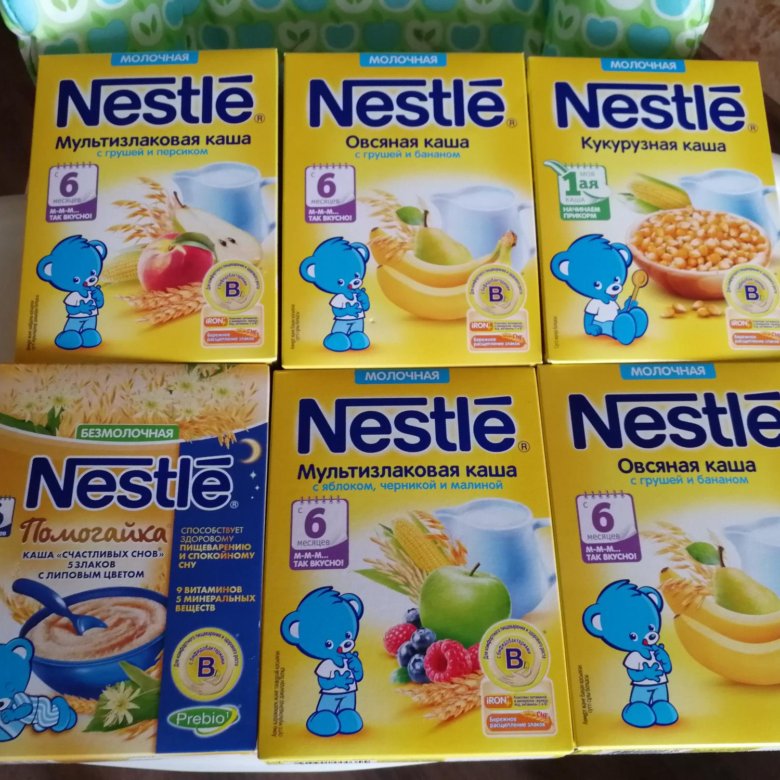 Veresaeva City, 09:06
Veresaeva City, 09:06
adv.rbc.ru
adv.rbc.ru
adv.rbc.ru nine0003
Dutch baby food manufacturer Numico has announced a recall of Olvarit baby food. This decision was made in connection with the discovery of glass fragments in the products.
According to the website of the Dutch radio station BNR Nieuwsradio, which refers to the company's official statement, a consignment of vegetable mix with rice with an expiration date of August 3, 2008 is withdrawn from sale.
According to a Nutricia spokesperson, the recall decision concerns 125,000 Olvarit baby food jars, 80,000 of which were sold in the Netherlands and the remainder in Belgium. nine0003
It should be noted that Numico has already been at the center of a scandal this year. At the end of November, Italian authorities withdrew Milupa infant formula, produced by a Dutch company, from sale.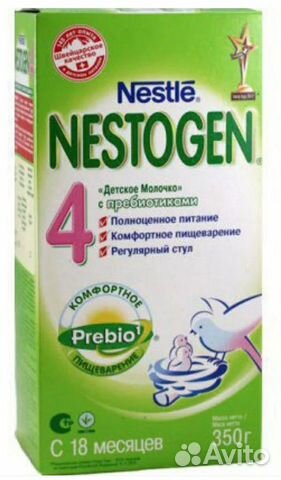 It turned out that during its manufacture, printing ink got inside the package.
It turned out that during its manufacture, printing ink got inside the package.
adv.rbc.ru
According to Numico, about 100,000 liters were seized in total. The company has also stopped using the ink that got into the product. nine0003
adv.rbc.ru
Another bad story related to Numico happened in 2002. Then 139 thousand jars of food were withdrawn from circulation. Like this time, the decision was made after the discovery of glass fragments in one of the cans. This caused the hospitalization of a one-year-old baby who accidentally swallowed a splinter.
In addition, according to the results of research conducted last year by the Russian Genetic Safety Association in the laboratory of molecular methods of analysis, genetically modified objects (GMOs) were found in the company's baby food. By the way, GM products were found in baby food and other popular companies in our country: Friesland Nutrition, Kolinska, Nestle, Semper, Valio, Gerber.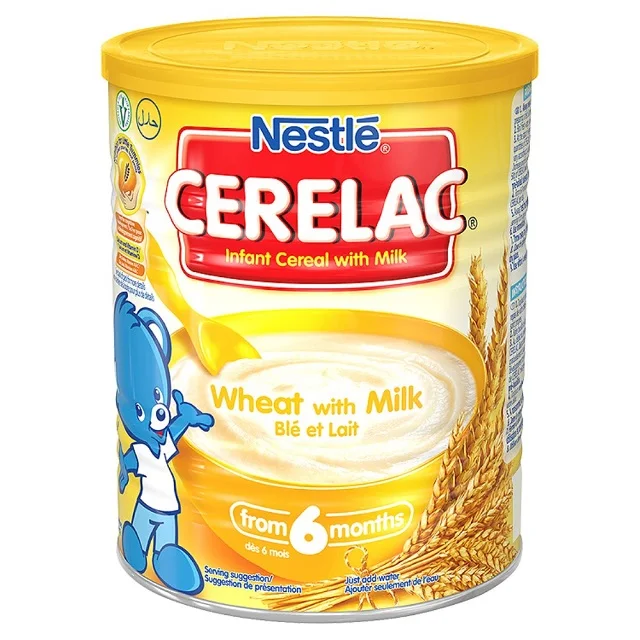 nine0003
nine0003
Numico is one of the world's leading baby food manufacturers. The company's products are supplied, including to Russia.
baby food official application
Research shop Analytics by topic "Baby food"
Why is Nestlé baby food not finding adequate demand? nine0001 According to Euromonitor, in 2018, the largest growth in sales in the infant formula segment came from specially formulated foods for babies who have just transitioned from breastfeeding to formula. 123rf.com
Swiss food giant Nestlé is trying to diversify its baby food range and bring innovative products to market. The prospects here are promising. However, many critics are skeptical. And they have a reason to. nine0003 This content was published on January 10, 2020 - 11:00
Jessica Davis Pluss (Jessica Davis Pluss)
In the first weeks of life, baby Lindsay Beeson developed a rash, traces of blood on diapers, diarrhea and vomiting.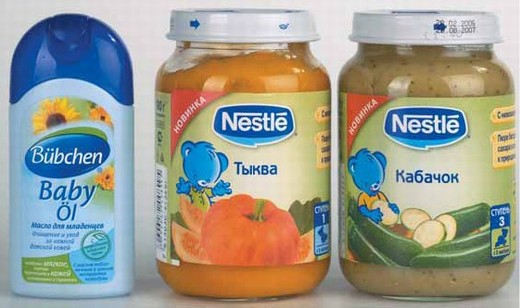 Doctors diagnosed an allergy to cow's milk. Like many other mothers in her situation, Lindsey eliminated milk from her baby's diet and, in addition to breastfeeding, began to gradually introduce complementary foods with hypoallergenic infant formula. In the second year of his life, her son was switched to milk formulas specially designed for babies with allergies. “I knew that they contained a balance of proteins, fats and vitamins similar to the composition of cow's milk. And my son liked the taste,” she said in an interview with swissinfo.ch. nine0003
Doctors diagnosed an allergy to cow's milk. Like many other mothers in her situation, Lindsey eliminated milk from her baby's diet and, in addition to breastfeeding, began to gradually introduce complementary foods with hypoallergenic infant formula. In the second year of his life, her son was switched to milk formulas specially designed for babies with allergies. “I knew that they contained a balance of proteins, fats and vitamins similar to the composition of cow's milk. And my son liked the taste,” she said in an interview with swissinfo.ch. nine0003
Show more
For global food concerns such as Nestlé, the development and launch of new formulas for infants up to one year of age, including those suffering from allergic reactions, requiring special dietary nutrition or simply picky eaters, is another and very important abroad in expanding the range of baby food.
Speaking to a group of journalists in Lausanne, Thierry Philardeau, Nestlé's Senior Vice President of Strategic Dairy Business Development, recently stated: all babies and their mothers. " From a practical point of view, the concern's strategy is to fill the gaps that arise in the nutrition of mothers and their children, regardless of whether the children receive artificial feeding, natural breastfeeding or combination. nine0003
" From a practical point of view, the concern's strategy is to fill the gaps that arise in the nutrition of mothers and their children, regardless of whether the children receive artificial feeding, natural breastfeeding or combination. nine0003
The Swiss concern continues to focus on the nutrition of premature babies and children with special medical conditions. And yet, in recent years, he has consistently increased investment in research and development in order to obtain new products for the nutrition of children after the age of six months of life, that is, for a particularly difficult period when breast milk alone is no longer enough to meet the nutritional needs of a child. , and a complete transition to artificial food has not yet taken place. nine0003
Artificial demand or valuable nutritional supplement?
Nestlé baby food has a direct impact on the health of millions of children around the world. More than 150 years have passed since Henri Nestlé (1814-1890) invented Farine Lactée, a baby porridge to support malnourished children.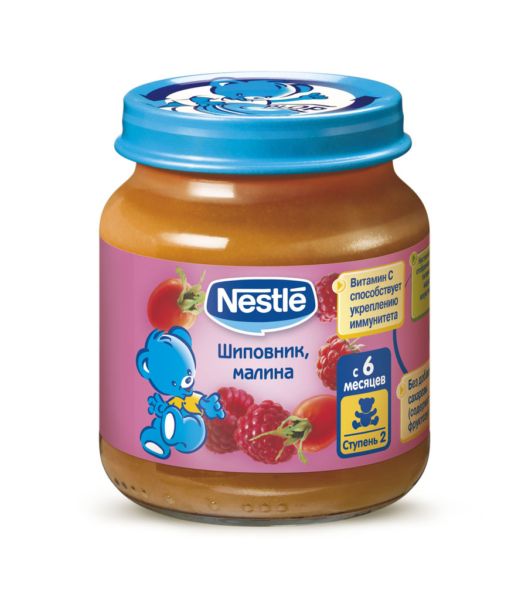 Today, Nestlé is the world's largest infant formula company. It has a fifth market share, followed by Danone in second place. nine0003
Today, Nestlé is the world's largest infant formula company. It has a fifth market share, followed by Danone in second place. nine0003
In recent years there has been a real boom in breastfeeding around the world. The profits of infant formula companies have fallen. Therefore, today these companies rely on "older babies" and on related products. According to EuromonitorExternal link , in 2018, the largest growth in sales in the infant formula segment was provided by specially formulated nutrition for children who have just switched from breastfeeding to artificial food. nine0003 External content
Today in supermarkets in almost every country in the world you can find the widest range of types of milk powder, dairy product concentrates and breast milk substitutes for children under one year old. It would seem great, but not everyone is satisfied with these products. Activists such as Patti Rundall are sounding the alarm. Since the 1980s, she has served as Director of Strategic Policy for Baby Milk ActionExternal Link , an international network of baby food organizations.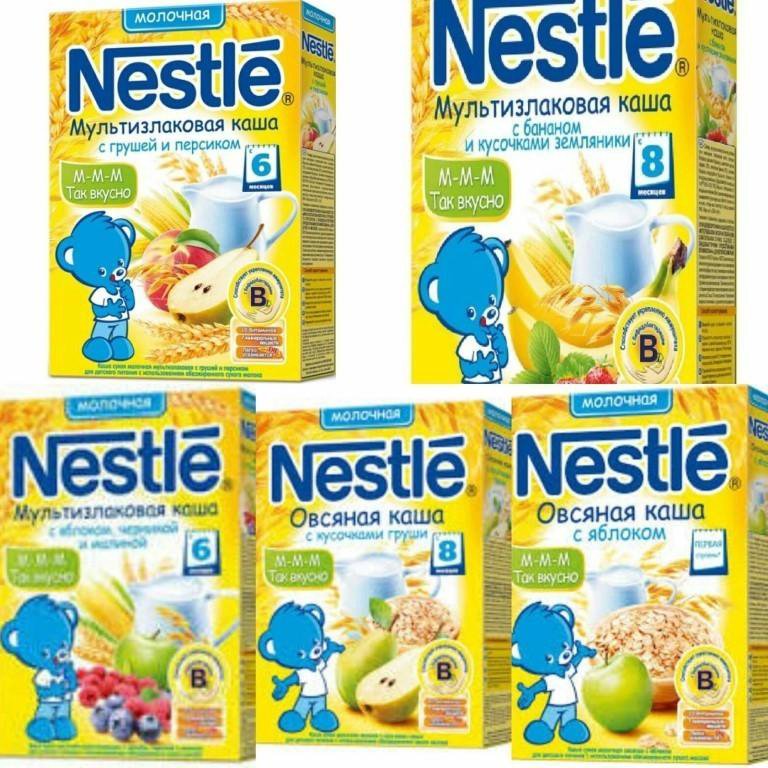 Since her filing, the world has experienced a number of very large litigations in connection with the production and sale of artificial nutrition from Nestlé Corporation. nine0003
Since her filing, the world has experienced a number of very large litigations in connection with the production and sale of artificial nutrition from Nestlé Corporation. nine0003
Show more
What's the problem? It turns out that, according to her, the Nestlé and Danone concerns are the main initiators of the promotion of baby food for babies and milk formulas for children aged from 6 months to 3 years and further up to the age of nine. They use the same or very similar symbols (logos) as on infant formula, so parents, when they see the brand name, believe that they have a whole product line in front of them. However, new formulas for infant formula are just a marketing ploy. nine0003
“There is nothing new in them, so all milk formulas, starting with formulas “6 months+”, as well as formulas for children from 1 year to 3 years and older, are simply not needed, they are just a way to get more money out of parents’ pockets ”, P.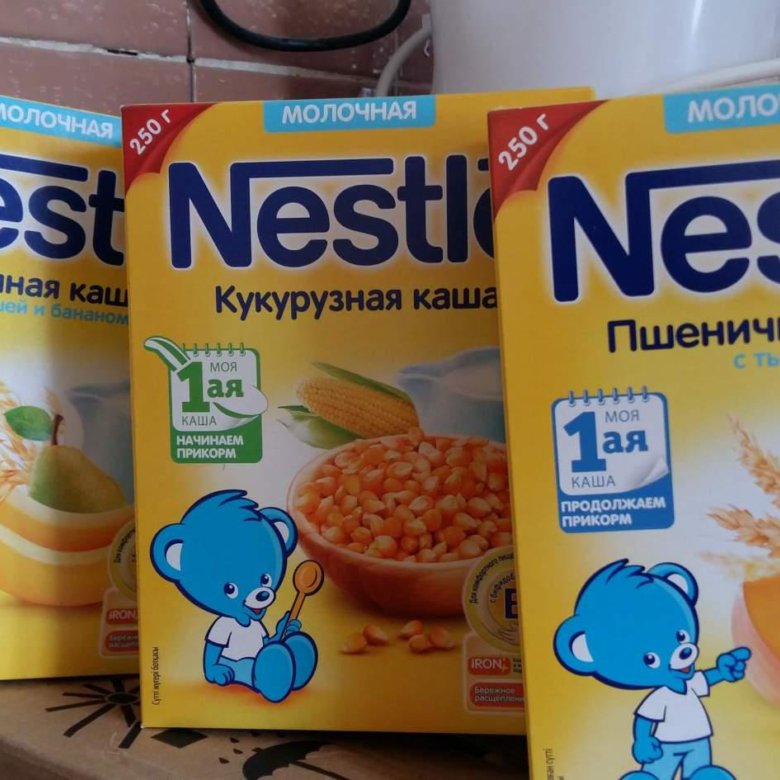 Randall told swissinfo.ch. “This product should be removed from the market. But the market has become so huge that no one wants to do it, although everyone knows that they are dealing with violations of the provisions of the WHO Guidelines to stop inappropriate forms of promotion of foods for infants and young children. nine0003
Randall told swissinfo.ch. “This product should be removed from the market. But the market has become so huge that no one wants to do it, although everyone knows that they are dealing with violations of the provisions of the WHO Guidelines to stop inappropriate forms of promotion of foods for infants and young children. nine0003
More precisely, we are talking about the International Code on the Marketing of Breastmilk Substitutes, adopted by WHO in 1981. This document sets standards for ethically responsible marketing, including restrictions on advertising, sponsorship, and giving away free samples of infant formula. The default document proceeds from the fact that, anyway, only breastfeeding is the ideal nutrition for a healthy baby up to six months, which, in fact, Danone, Nestlé and their opponents agree with. nine0003
Pressure from the baby food industry
Controversy arises at the gray zone stage, when complementary foods with other foods and beverages can be introduced at about six months of age and older. You can enter, but is it necessary? And this is where the problem lies. Don't concerns create artificial demand, beneficial primarily to themselves? It is really difficult to understand this, the information received by parents from baby food manufacturers, doctors and staunch opponents of factory baby food is often contradictory. nine0003
You can enter, but is it necessary? And this is where the problem lies. Don't concerns create artificial demand, beneficial primarily to themselves? It is really difficult to understand this, the information received by parents from baby food manufacturers, doctors and staunch opponents of factory baby food is often contradictory. nine0003
Some scientific studies state that so-called “Third level milk formulas” for children aged one to three years are not needed, but they can help compensate for nutritional deficiencies, especially in cases of malnutrition or lack of certain nutrients substances in local foods”. So what's wrong with giving kids a better chance at delicious and most importantly healthy food?
Show more
Criticism of Nestlé has a long history. About forty years ago, breastfeeding activists first vociferously accused Nestlé of using an aggressive marketing strategy that resulted in mothers declining to breastfeed in favor of infant formula.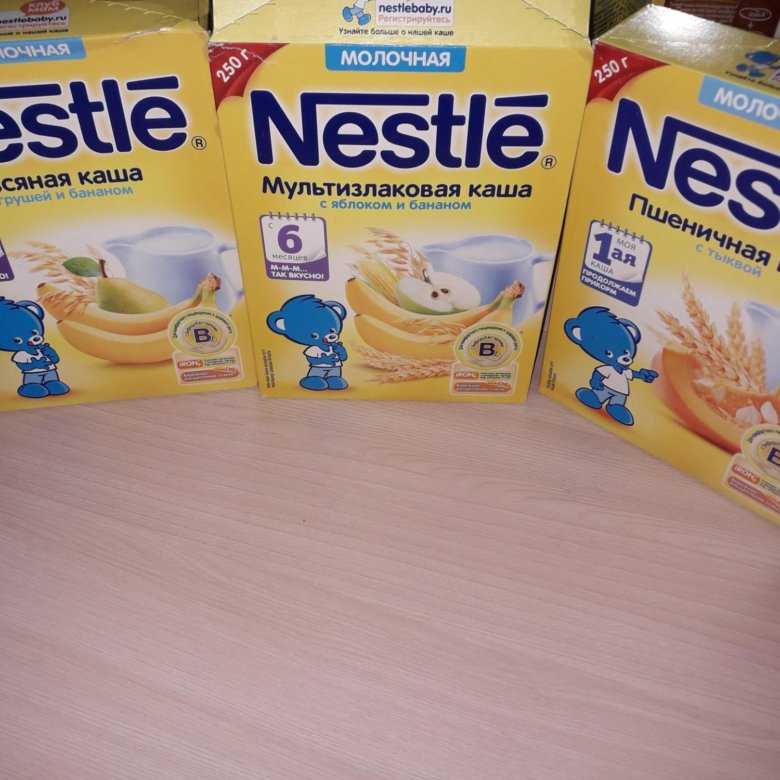 The ensuing widespread boycott of Nestlé products led to major changes in the formation of marketing strategies.
The ensuing widespread boycott of Nestlé products led to major changes in the formation of marketing strategies.
However, Catherine Watt of the Geneva group La Leche LeagueExternal link , an international public private secular organization to support breastfeeding mothers, says that many women today stop breastfeeding earlier than they should. Why? “This is happening as a result of veiled pressure from the baby food industry, which has an arsenal of advertising in favor of various types of complementary foods and infant formula,” she said. “If there are doubts about whether the baby has enough breast milk, and there is some kind of milk formula in the closet, you just try to use it. And now you are already “under the hood” of the industry.” nine0003
Show more
In developing countries, the consequences of such a move can be most dramatic. CTO of the Breastfeeding Promotion Network of India BPNIExternal link JP Dadhich is particularly concerned about the high cost of these products, their negative environmental impact and potential risks of infection.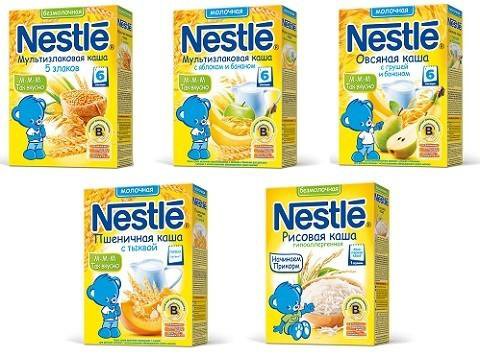
“We can't be sure about the quality of the water that these formulas are based on, which increases the risk of diarrhea. And this is in conditions when there is now enough milk of animal origin in India. After boiling, it is completely safe, in addition, it is quite acceptable here, taking into account the cultural traditions of the country. For children, it is better to use complementary foods from quality local products, continuing to breastfeed the child after 6 months.” nine0003
The World Health Organization (WHO) is also concerned that infant formula designed specifically for babies after one year of age can shorten the duration of breastfeeding by depriving the baby of important nutrients, especially if the products are labeled similarly and are promoted as more healthy alternative to breastfeeding due to the increased content of vitamins and minerals.
The devil is in the details
All this has caused and continues to cause heated discussions between governments and food company lobbyists. Some governments would like to ban these formulas so as not to completely "kill" the motivation to breastfeed, while other countries want to leave the choice to consumers. India is a country with some of the most stringent regulations. Here, any products intended specifically for children under the age of two years are categorized as breast milk substitutes and thus fall under the international “Code of Regulations” of WHO. Group NestléExternal link says it has gone further than many other players in the industry by operating under European Union rules coming into effect in 2020. At the same time, Nestlé opposes any additional regulation, arguing, based on studies already conducted in many countries, that any artificial nutrition alternative will still be less healthy than any mixture. Nestlé recognizes that it needs to proceed with caution given its history of high-profile scandals. “It’s not for you to sell chocolate, we have a huge responsibility. Every year we produce formula for 15 million children, which is equal to the population of the Netherlands,” says T. Filardo. At the same time, the company has already updated its marketing policy several times by creating a system for reporting violations and annually providing reports on compliance with its obligations. nine0003 Unlike the pre-1980s era, the company is very clear that "breastfeeding is the best feeding option." At the same time, she wants her food products for children to be almost in no way inferior in quality to breast milk. Critics say it's not enough to be "the lesser of the evils.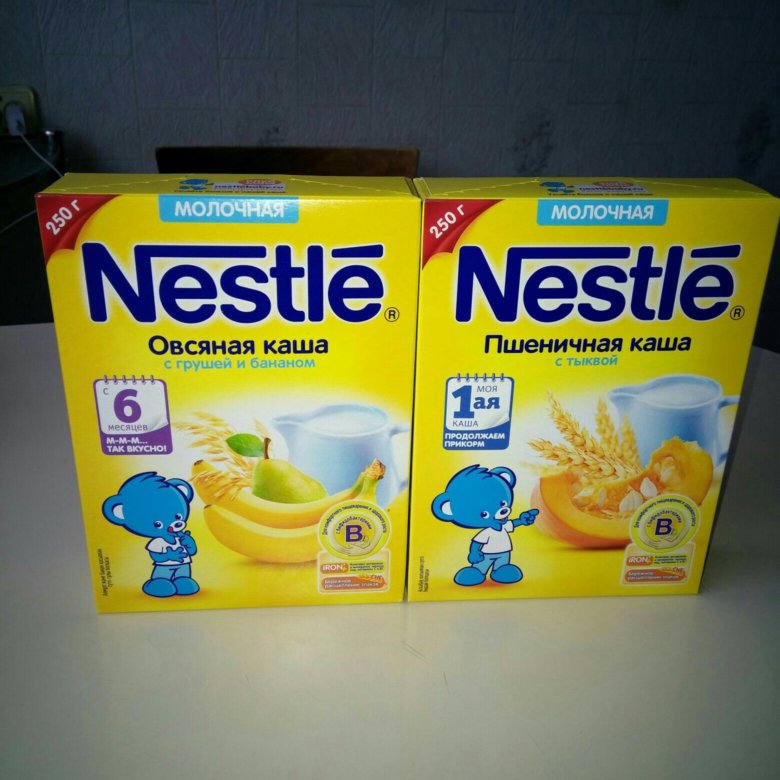 “One of the challenges with regard to 'second level' formula (after 6 months) is the need to understand whether foods for children aged 1 to 3 years should be considered specifically as 'substitutes' for breast milk, and if not, what should they be called.” Tom Heilandt of the Codex Alimentarius Commission, an international food standards group, tells us this. nine0003
“One of the challenges with regard to 'second level' formula (after 6 months) is the need to understand whether foods for children aged 1 to 3 years should be considered specifically as 'substitutes' for breast milk, and if not, what should they be called.” Tom Heilandt of the Codex Alimentarius Commission, an international food standards group, tells us this. nine0003 Show more
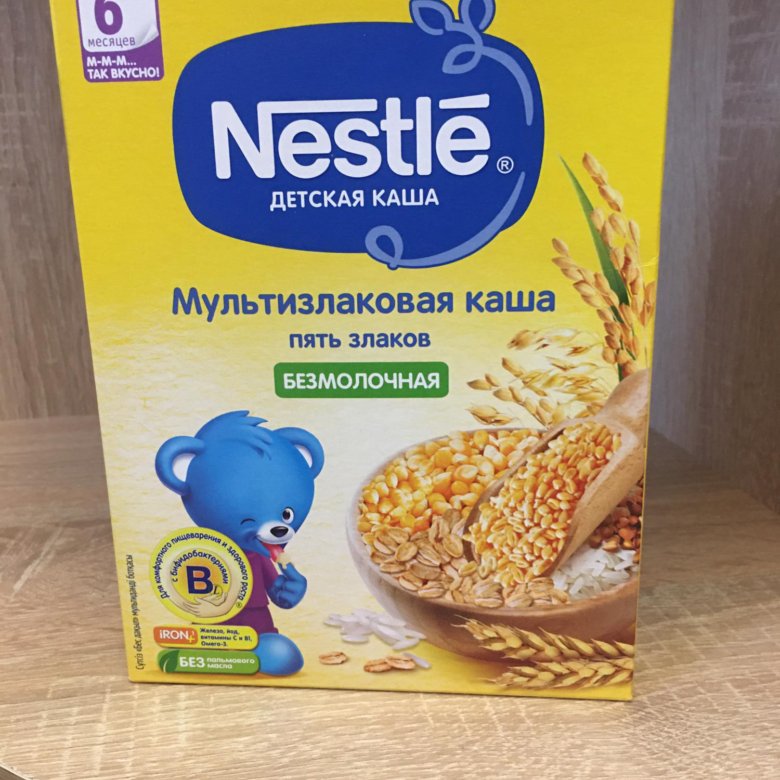 “There is no point in restricting nutrition advertising for children under the age of one, especially when there are almost no restrictions on advertising Coca-Cola and other fast food anywhere,” says T. Filardo. nine0017
“There is no point in restricting nutrition advertising for children under the age of one, especially when there are almost no restrictions on advertising Coca-Cola and other fast food anywhere,” says T. Filardo. nine0017
Always guilty? 

